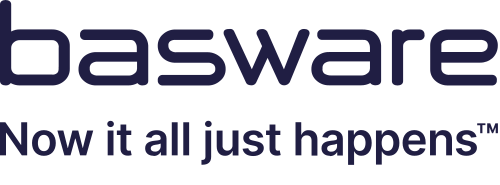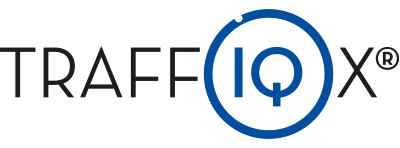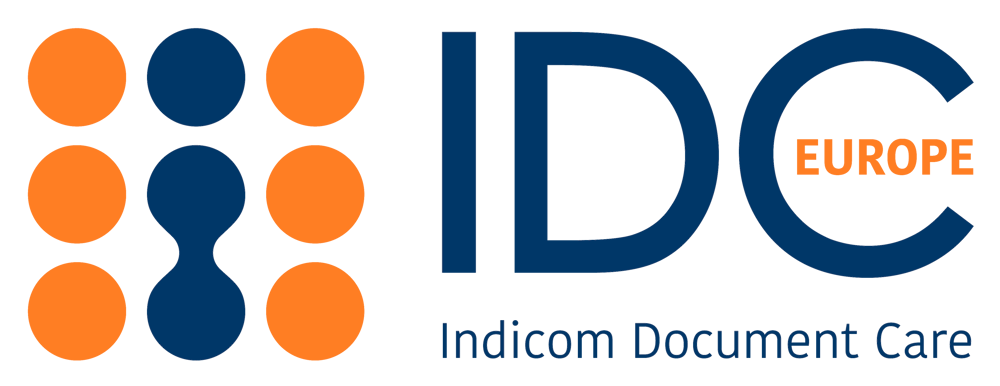The BMF continues the collaborative conduct exhibited so far. The official draft letter as announced earlier e.g. at the FeRD conference mid-May picks up a wide range of topics raised by economic operators through their industry and regional associations. The associations are now invited to provide feedback before the final letter is expected to be published in Q4 2024. Read the original post on the official BMF website.
The almost 20 pages of text are technically not legally binding but establish reliable guardrails towards future conduct of the financial administrations, e.g. during audits. Economic operators and their tax consultants can now confidently plan their preparations to implement electronic invoicing obligations.
As a general statement, the Financial Administration commits to “appropriately accommodate the transformation process” until end of 2027, which allows to expect a good degree of leniency in this time frame regarding potential failure of adherence – as long as mutual goodwill is obvious.
Emphasizing precedence of structured representation, following European Norms
The letter repeatedly refers to the structured data as the (only) binding representation of the invoice. As a consequence of requiring standardized formats, the BMF generally assumes human readability using standardized tools. Specifically, the BMF deems providing a visual rendition by the sender in a hybrid format as “optional”. In fact, in case of discrepancies in the core elements mentioned in §§14, 14a UStG (“Pflichtangaben”) the sender owes any differing tax amount unless corrected, creating a risk for the invoice sender while the recipient may safely ignore the visual representation.
On the same token, for archiving, the structured portion of a hybrid inbound invoice is sufficient. Neither an own visualization (which is assumed to be available via standard tools later) nor the visual representation (which is not binding to begin with) need to be included. Note that any attachments with tax-relevant information still need to be archived, of course. Generally, additional information e.g. on the goods sold or services rendered may be added into integrated attachments as long as the core information allows unique identification of the invoiced goods or services.
Finally, the letter also argues that any EN-compliant format is valid for use, which may include other European customizations of the standard. While this may be a fringe case, these examples clarify the interpretation of the law by the Finance Administration.
Only electronic invoices allow for input tax deduction
Basically, only a proper electronic invoice can be used to take the input tax deductions in the future. This is a strong endorsement of the electronic invoice over any other form. Only using “strong standards” can there be exceptional circumstances that allow to use a non-electronic invoice for pre-tax deductions. this is in accordance to legal precedence of the European Court of Justice (EuGH, Urt. v. 15.9.2016 – C-516/14, Barlis 06) limiting the formal requirements that Financial Administrations can force on their tax subjects.
Transmission of invoice files
The draft contains a few clarifications about the options for transmission, all in the spirit of making it as easy as possible. The letter repeatedly gives “Using E-Mail” as an example for valid means of transmission. Interestingly, the letter explicitly considers offline media (like USB sticks) as “non-electronic” transmission and therefore not admissible beyond the transition period. Although not ruled out it may have been helpful to point to reliable, standardized transmission models like the Peppol network used between Service Providers. Still, using a Service-Provider based approach is explicitly allowed as a valid option.
In case of inability or unwillingness of a receiver to accept a valid electronic invoice, the sender may not be forced to create an alternative non-electronic invoice but is allowed to assume having issued a valid invoice.
All in all the draft letter puts the electronic invoice into a strong position. Outlining a pragmatic approach we can expect far-reaching consistency from the Financial Administration across all Länder. In this sense, the draft helps clarifying many important questions already. Still, some remaining issues particularly surrounding the handling of non-compliant invoices (non-electronic or erroneous) may still need to be specified in more detail. The feedback expected from the relevant associations like the Verband elektronische Rechnung is sure to address this.
We are looking forward to the final publication expected from the BMF before the end of 2024 in time for the start of the mandate.








